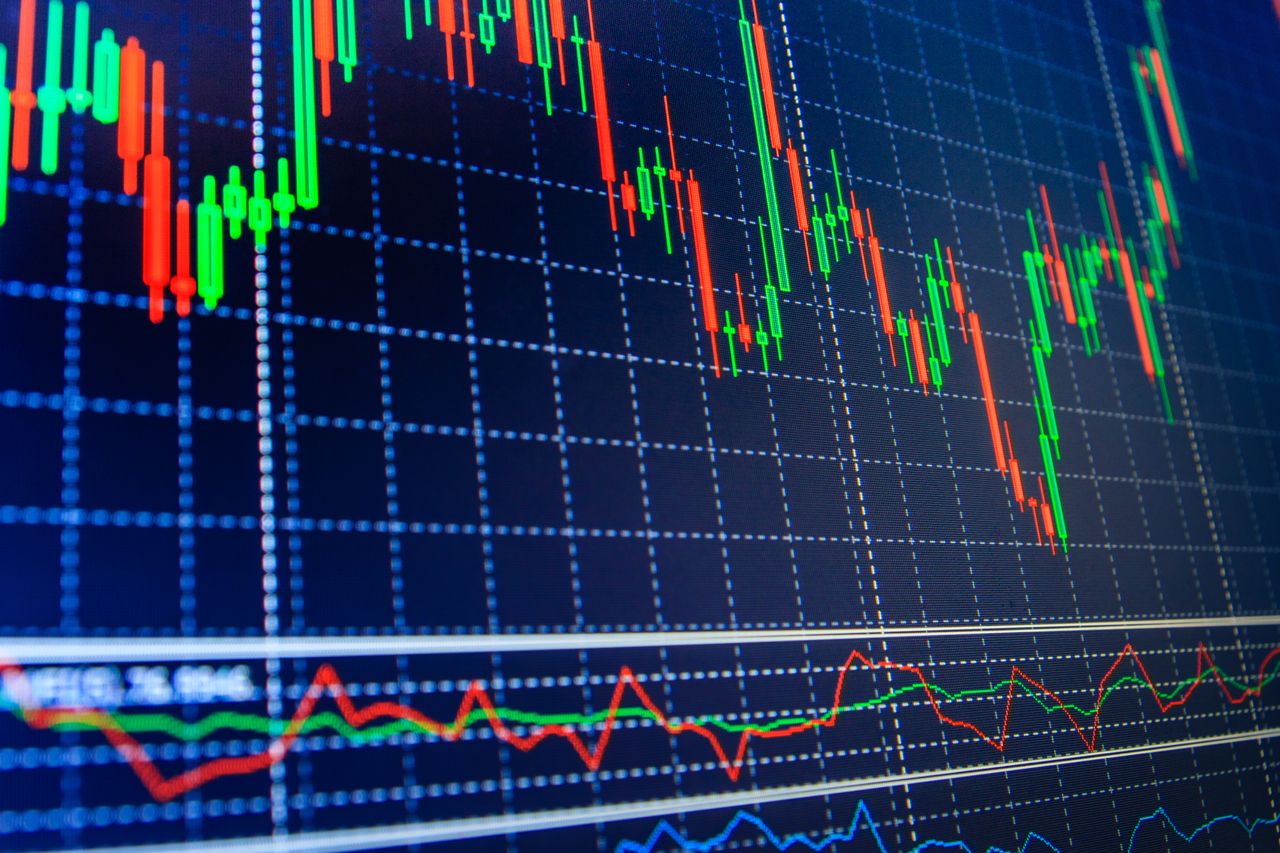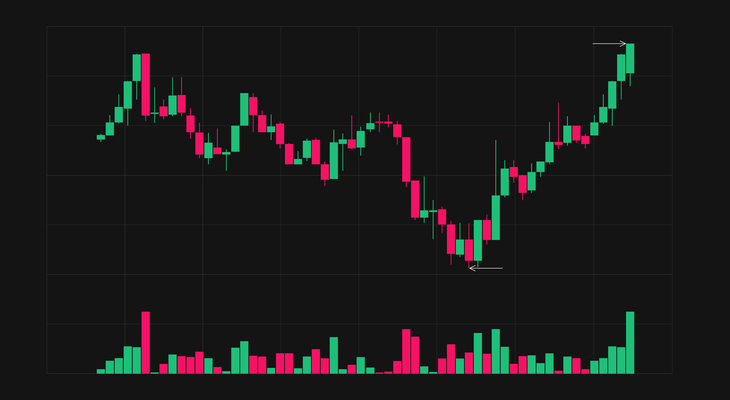The rapid and unpredictable fluctuations of the forex market can seem insurmountable for traders, but with proper preparation and knowledge, success can be achieved.
To master the forex market, it is essential to take into account the tips and strategies that experienced traders have honed.
From finding a reliable broker to understanding risk management, there are a number of steps that any trader can take to ensure success.
To ensure the freedom to make the most of one’s financial investments, it is paramount to gain an understanding of the different trading instruments, leverage options, and Fibonacci retracement tools available.
By implementing the right strategies, traders can maximize their potential for success in the forex market.
Key Takeaways
- Preparation and knowledge are crucial for success in the forex market.
- Finding a reliable broker and understanding risk management are important steps.
- Understanding different trading instruments and leverage options is paramount.
- Implementing the right strategies can maximize potential for success.
Forex Broker Tips
Selecting a reliable forex broker is critical for traders to take advantage of the opportunities presented in the forex market, and regulated brokers should be preferred for safety while high spreads may be indicative of a red flag.
Leverage allows traders to make larger trades with a smaller deposit, while fast execution of trades is necessary in the fast-paced forex market.
A variety of account types and trading instruments are beneficial for traders with different financial abilities.
It is important to have access to a reliable trading platform, such as MetaTrader 4, for efficient trading, and automated trading can be advantageous.
Deposits and withdrawals should be swift and easy for convenience.
Choosing the right broker can help traders to develop and execute successful trading strategies.
It is important to understand the risks associated with leverage products such as forex and CFDs, and to not risk more than can be afforded to lose. Independent financial advice should be sought if the risks are unclear.
Trading Instruments
By offering a variety of trading instruments, brokers provide traders with more opportunities to diversify their portfolios and increase their chances of success.
For example, experienced traders may opt for complex instruments like derivatives, while new traders may practice with simpler instruments such as spot forex.
In addition to these, brokers may also offer options, futures, ETFs, and commodities.
It is important for traders to diversify the types of instruments they use in order to reduce the risk of losses due to market fluctuation.
By exploring different instruments, traders can increase their chances of making profitable trades.
Furthermore, understanding the different types of instruments available and their associated risks is essential for success.
Doing research and exploring different instruments can help traders find the best opportunities for their needs.
Ultimately, having an understanding of the different types of trading instruments can be a powerful tool for traders looking to maximize their potential profits.
Risk Management
Understanding the extent of exposure to risk is an important factor in successful risk management. Forex traders need to be aware of the risks associated with trading, and have strategies in place to manage and mitigate them.
Leverage management and stop loss strategies are two of the most common risk management tools used by traders.
- Monitor and adjust leverage to the level of risk tolerance
- Utilize stop loss orders to limit losses
- Set realistic goals and expectations
- Track and review past trades to identify risks
- Remain disciplined and consistent with risk management strategies
Risk management is essential for any trader that wants to succeed in the forex market. By monitoring and managing risk, traders can protect their capital and increase their chances of success. With careful planning and a disciplined approach, traders can minimize the potential of financial losses and maximize their opportunities for profits.
Frequently Asked Questions
What is the best forex trading strategy?
An effective forex trading strategy should involve risk management, market analysis, and a clear understanding of the trader’s goals.
Risk management is essential for any trading strategy and should involve careful assessment of potential losses and rewards.
Market analysis is also important and should include researching the market, reading news and analyzing technical indicators.
Understanding the extent of exposure to risk is also key before trading.
A successful strategy should be tailored to the trader’s individual goals and investment style while taking into account the current market environment.
What is the most profitable currency pair to trade?
When considering the most profitable currency pair to trade, risk management and knowledge base are paramount. Traders should be well versed in the trading strategies for the currency pair they are looking to trade in order to maximize their profits.
Researching past performance of the currency pair is a good way to determine if it will be a profitable venture. Additionally, risk management should be employed to reduce any potential losses.
It is important to know the potential risk and reward of a currency pair and to make sure these are in line with the trader’s goals.
How do I identify a trend reversal?
Identifying trend reversals is a challenging task that requires meticulous analysis of price action. Support levels are important to observe as they can indicate when a shift in the trend is about to take place.
When the price moves below a support level, it is an indication of a bearish trend reversal. Similarly, when the price moves above a resistance level it is an indication of a bullish reversal.
To accurately identify a trend reversal, traders should consider a variety of technical analysis tools and observe the price action for confirmation.
What are the advantages of automated trading?
Automated trading provides many advantages to traders.
It can be a time-saving measure, allowing trades to be executed quickly and without manual intervention.
Automated trading also provides the potential for improved risk management, as it can be programmed to execute trades under predetermined conditions, such as predetermined stop-loss and take-profit levels.
Automated trading can also be used to diversify portfolios, as it is possible to backtest different strategies and adjust them in order to optimize trading performance.
Automated trading can be used to improve trading efficiency, allowing for more efficient use of capital.
What is the best way to learn forex trading?
Traders should be aware that forex trading carries a high level of risk. According to a recent survey, more than 90% of those who attempted forex trading without proper education or risk management strategies lost money.
Therefore, it is essential to understand the fundamentals of forex trading, such as market analysis and risk management. Education is key to becoming a successful forex trader; this could include reading books, attending seminars, or taking online courses.
Practicing with a demo account is a great way to gain experience and hone trading skills and strategies without risking real money.
Finally, open an account with a reputable broker to gain access to the best trading opportunities.
Conclusion
Forex trading requires a strong understanding of the markets, a reliable broker and careful risk management.
Meticulous practice and research can help traders succeed, and the right instruments and tools can make the journey smoother.
Leverage offers the potential for greater returns, but traders should remember the risks associated with it.
The Fibonacci retracement tool is a useful tool for identifying trend reversals, but caution must be taken when employing it.
Ultimately, forex trading is a journey that requires both a map and a compass to navigate successfully; traders should take the time to learn the terrain before venturing out.











